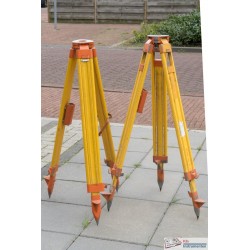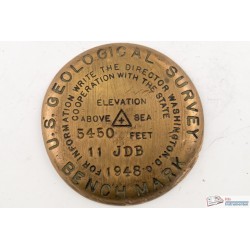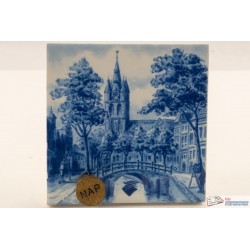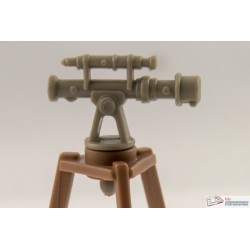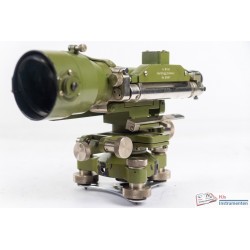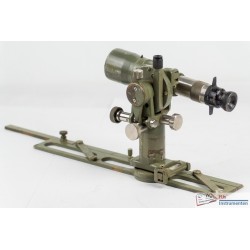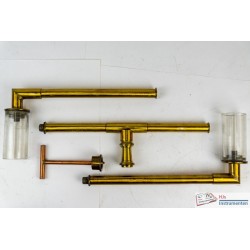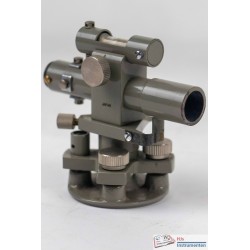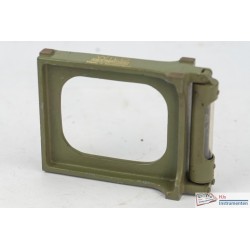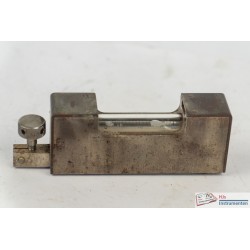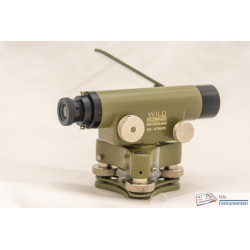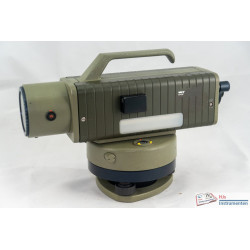Subcategories
-
Hand level
The hand level is the simples of all levels and include the carpenters level (a long bar with a tubular level attached). In the United States the optical hand level is used a lot in construction. It is a levelling vial combined with a sight tube to allow measurements over longer distances than with a regular level. It is essentially similar to an Abney level without the option to measure vertical angles.
-
Tilting levels
The tilting (or dumpy) levels require a two-step approach to setting them truly 'level'. The first is the coarse adjustment using the buble level on the base. Then they are fine adjusted using a tilting screw that angles the telescope with the accurate tubular level attached to it.
Depending on the instrument the tubular level is viewed directly using for example a mirror or both ends of the bubble are brought into coincidence using a prism. The more accurate geodetic levels can be 'reversed' (i.e. turned upside down) to cancel out any non-parallism between the telescope axis and the level. A number of level instruments are also equipped with a (coars) horizontal circle to allow measurement of horizontal angles with some accuracy. Depending on the instrument these are either in the 360 degree or 400 gon system (both representing a full circle).
Most of the tilting levels that I own are from Wild Heerbrugg are all designated 'N' for Nivellier and then depending on whether they have a horizontal circle a 'K' - Kreiss. The final number is then the series where the larger number is more accurate (a '1' serie is less accurate than a '2' etc).
-
Automatic levels
The automatic level uses an arrangement within the body of the instrument that sets the line of sight horizontal (perpendicular to gravity) automatically when the instrument is within a certain angle from being level. Often this is a prismatic arrangement.
The instrument has only a single bubble level to bring the instrument to within the required degree of the true level for the automatic system to do its job. A number of level instruments are also equipped with a (coars) horizontal circle to allow measurement of horizontal angles with some accuracy. Depending on the instrument these are either in the 360 degree or 400 gon system (both representing a full circle).
Most of the automatic levels that I own are from Wild Heerbrugg are all designated 'NA' for Nivellier - Automatik and then depending on whether they have a horizontal circle a 'K' - Kreiss. The final number is then the series where the larger number is more accurate (a '1' serie is less accurate than a '2' etc).
-
Hydrostatic
The fluid level uses the law of corresponding states to show the height difference between two glass vials connected by e.g. a hose. Depending on their construction they can be very accurate. They are used in conditions where the distances are very long or an optical level is impractical.

